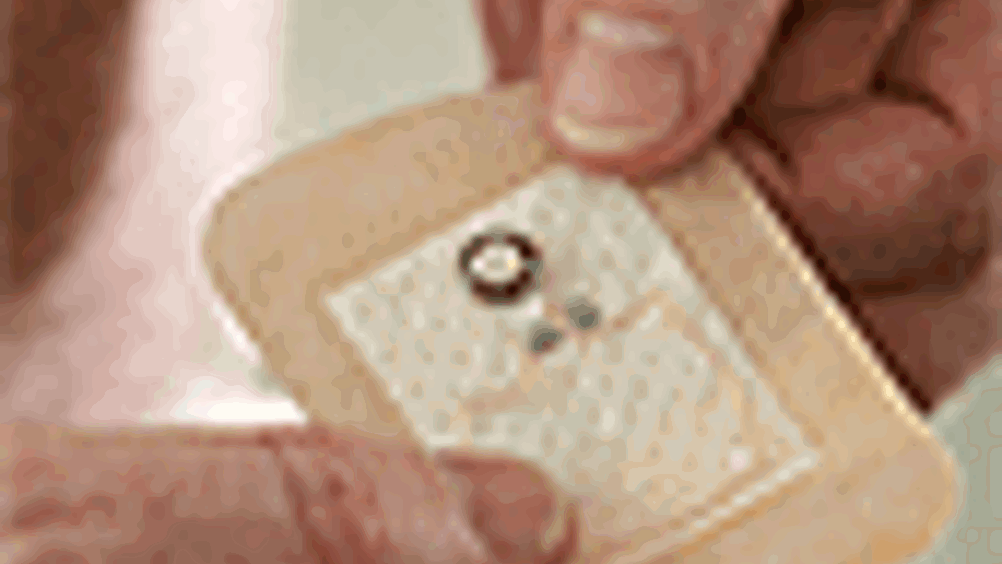Healthy development

An ultra-low power silicon chip could pave the way for future wireless body networks that use 'digital plasters' in healthcare applications.
The Sensium chip, developed by Toumaz Technology - a spin-out from Imperial College London - is said to consume up to 100 times less power than any other similar device in the world and employs the spin-out's proprietary AMx technology as part of an intelligent system on a chip.
Coupled with external sensors such as heart rate monitors or biochemical sensors that monitor glucose or blood pH levels, it is hoped that the chip could be used to continuously monitor patient health.
Toumaz director of technology Dr Alison Burdett believes that wireless body networks - where patients can be remotely monitored 24 hours a day - is only possible if the battery that powers the sensors is not cumbersome or intrusive.
'Its low-power consumption is key. It will open up a range of applications where small size is important, particularly for body-worn and healthcare applications,' she said.
Register now to continue reading
Thanks for visiting The Engineer. You’ve now reached your monthly limit of news stories. Register for free to unlock unlimited access to all of our news coverage, as well as premium content including opinion, in-depth features and special reports.
Benefits of registering
-
In-depth insights and coverage of key emerging trends
-
Unrestricted access to special reports throughout the year
-
Daily technology news delivered straight to your inbox










UK Enters ‘Golden Age of Nuclear’
Anybody know why it takes from 2025 to mid 2030's to build a factory-made SMR, by RR? Ten years... has there been no demonstrator either? Do RR...